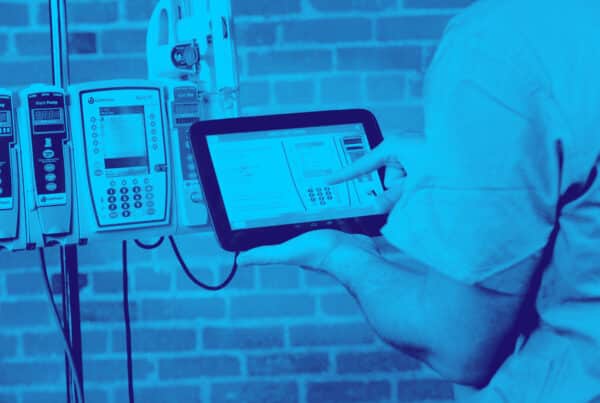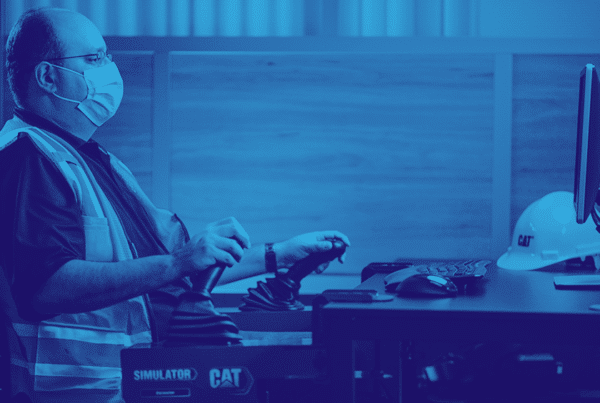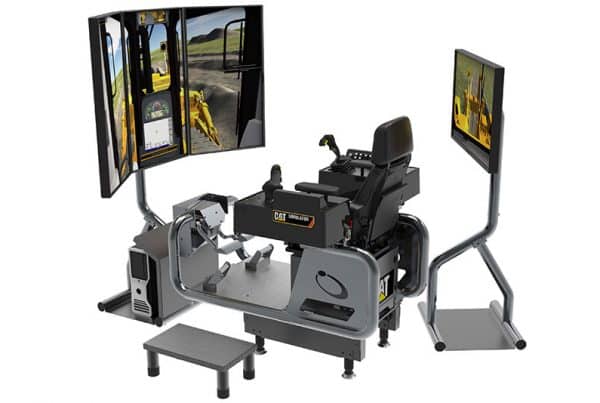Hands-on training in the medical profession is essential to fully understanding how the job is done, but when a life may be on the line, trial by fire may not be the best solution. For these critical functions, simulation development is making it easier for practitioners to get the experience they need before ever setting foot into a consultation room.
Because medicine is so intricate, these eLearning developments have to be equally as advanced, and more are finding their way onto mobile devices and portable media to make them more proliferate. When a student is provided the tools to learn whenever and wherever, it’s more likely that they will find practical uses for the knowledge gained and do a better job.
Learning through simulation
The use of simulations has gotten more popular for medical teaching over the last decade due to advanced technology becoming commonplace as part of regular treatment. Schools and hospitals alike invest in simulation development to train staff members across the board n how to properly operate and administer mechanized treatments.
Hampton Roads reported that Eastern Virginia Medical School (EVMS) is currently investing in this kind of simulation development to help students understand how to diagnose illnesses and perform certain procedures. Knowing when a patient is ill is one thing, but knowing how to properly administer a catheter, do a tracheotomy and provide an injection are all essential to the job but better practiced on something besides an actual patient. These tools allow students to safely make mistakes, according to the article.
“When you’re new to doing something, it’s nice to practice…because you’re not as worried about making a mistake,” said Tanya Fuhrman, a physician assistant currently studying at the EVMS Sentara Center for Modeling and Simulation.
A range of functions
Medical practitioners aren’t always sticking knives and needles into people, though. They need to know how to interact with difficult patients or those who can’t fully understand what’s happening to them in order to react appropriately in potentially stressful situations. Simulation development helps here as well by providing students with a test environment and subjects to replicate how these events and individuals would act so they can anticipate their own reactions.
Good Therapy highlighted a case where healthcare workers are learning how to better serve mentally and physically disabled patients through simulations. These eLearning developments provide participants with a virtual range of events to try and grasp how interactions can go badly or how they can engineer better outcomes, all without ever directly speaking to a patient. Researchers from Birmingham City University’s Department of Learning Disability and Mental Health Nursing found these programs not only benefit the quality of care patients receive, it also helps participating nurses and medical workers feel more confident about the job they have to do.
“Staff experience positive outcomes if they have been able to manage the emotional effects of their work using emotional support,” said Marie O’Boyle-Duggan, a member of the Birmingham City research group. These supports come in the form of other co-workers as well as simulation development, she said.
As O’Boyle-Duggan pointed out, when students are immersed in a practical setting without time to review their actions or take a step back from their work to see its quality, they oftentimes get overwhelmed or fall into bad practices. Offering them a simulation development can remove these concerns, a fact that applies to every level of industry, not just healthcare. Talk to CSE Software Inc. about how this innovative solution can help your workforce function with the same kind of confidence and accuracy it does those in healthcare, where people’s lives are on the line.
Contact Stacey Burris at sburris@csesoftware.com or 1.309.670.7595 and ask for a simulation development demo today!



